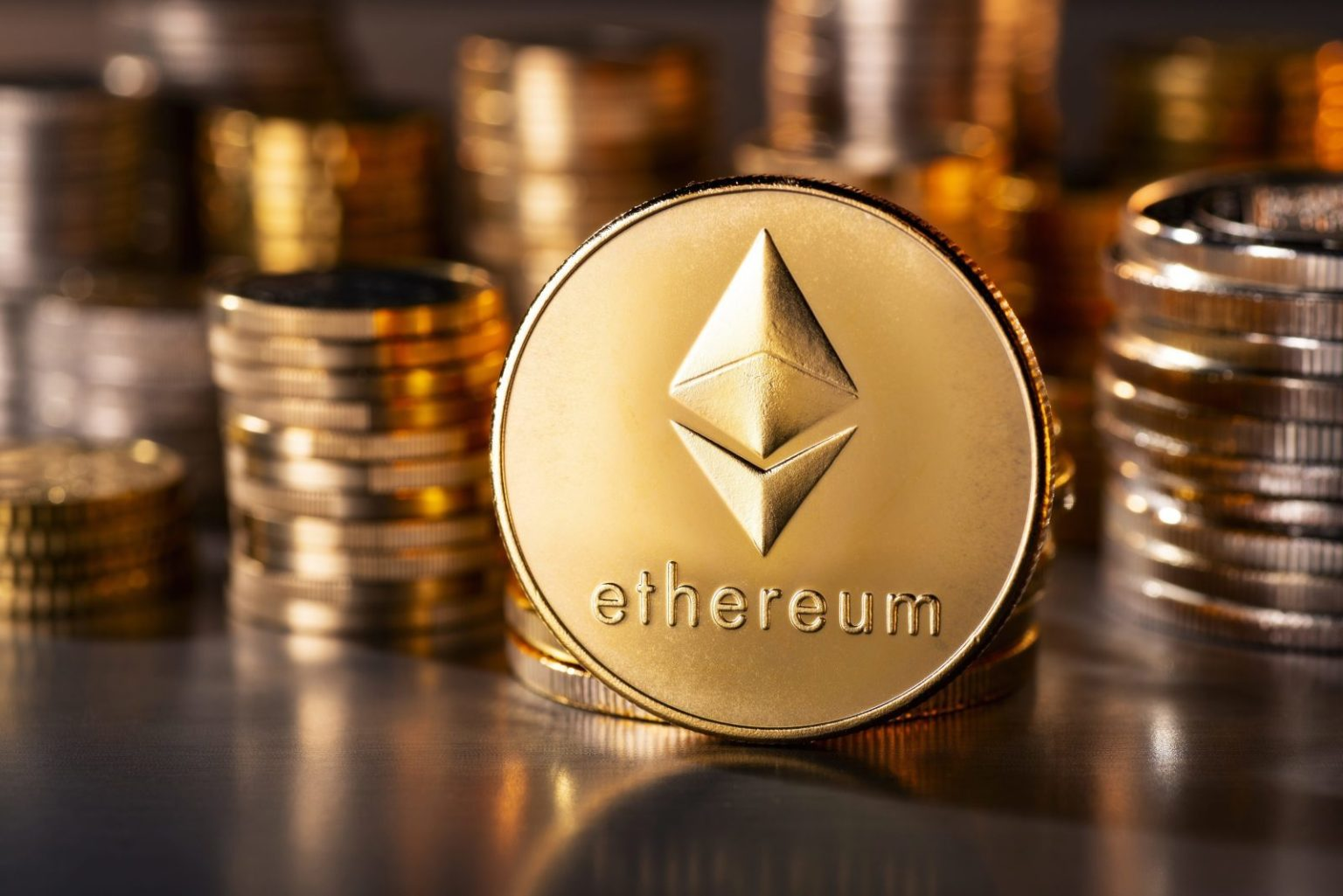With each passing year, digital assets are increasingly positioned as a technological breakthrough capable of changing the traditional financial system. However, despite the bold statements of developers, the market is still filled with numerous myths about cryptocurrency, distorted perceptions, and exaggerated promises. The popularization of decentralized solutions breeds illusions that hinder an objective assessment of risks.
Many platforms claim to be unique and paradigm-changing. Below is a list of popular projects with a brief breakdown of myths:

Analysis shows that each project faces compatibility and security issues.
Many perceive blockchain as absolute protection against any external influences. Such confidence creates enduring myths about cryptocurrency for newcomers, portraying digital assets as invulnerable.
However, in practice, the absence of basic knowledge and proper preparation shows that even an innovative network does not eliminate problems. Errors in managing private keys, fund thefts, and vulnerabilities in smart contracts become causes of high-profile scandals.
Awareness remains a crucial factor. Only understanding the real mechanisms allows avoiding losses and maintaining trust in the technology.
A vast number of presentations and advertisements claim that new architecture completely solves the scalability issue. This thesis fuels further myths about cryptocurrency, prompting thoughtless investments.
In practice, none of the major networks has eliminated delays and fee increases with user growth. The algorithms involved in transactions only partially expedite confirmations. However, with increased load, the risk of disruptions and increased network servicing costs persists.
Developers of new platforms actively convey messages that capitalization inevitably grows, and liquidity exceeds fiat market indicators. However, sudden investment influxes are often driven by speculation.
Once again, myths about cryptocurrency are created, suggesting that every endeavor is destined for success. Objective analysis of the dynamics confirms that many tokens do not maintain price positions, face crashes, or fund freezes.
A series of statements circulate in the information field, creating an illusion of easy profit and reliability. To understand, it is necessary to identify which promises should not be trusted. Below is a list of fallacies undermining common sense:
A critical attitude towards such statements is considered fundamental to preserving funds!
Contrary to the common illusion that regulation will not affect the crypto market, a legal framework is actively taking shape. Stringent laws aimed at user identification and combating money laundering are being implemented in many countries.
Truth and myths about cryptocurrency often intertwine. Decentralized platforms are said to be beyond control in words, but in reality, exchanges comply with regulatory requirements and transmit transaction data.
Such contradiction undermines the notion of complete anonymity and boundless autonomy.
Every quarter, initiatives emerge presenting their model as groundbreaking. Financial pyramids masquerade as innovations, claiming a secure architecture and instant scalability.
Such myths about cryptocurrency spread on social media and in presentations, convincing investors of easy earnings. However, there are no real confirmations, audit reports, or working fund protection mechanisms.
To develop an objective approach, it is necessary to identify fallacies commonly used in promoting tokens and exchanges. The list below will help focus on risks:
Ignoring such fallacies can lead to financial losses.

Recent years have confirmed that myths about cryptocurrency remain a primary source of errors and disappointments. Despite legends of boundless profits, digital assets require vigilance, understanding of the technology, and critical evaluation of any claims.
Developing a healthy skepticism and regularly analyzing information is the only strategy that protects against losses in the rapidly changing cryptocurrency space!

The cryptocurrency market is not governed by the linear laws of economics. The price not only reflects the value of the asset, but also shows emotions. When the exchange rate falls, panic sets in; when it rises, euphoria ensues. This creates cycles in which FOMO, mistrust, greed and anxiety come into play. To understand where …

The dawn of the digital asset era is transforming traditional financial models and opening new horizons for investors. Investing in Ethereum is a strategically important direction that allows for the potential of blockchain technologies and smart contracts to be realised. The process requires an analysis of the platform’s fundamental principles, an assessment of the technological …